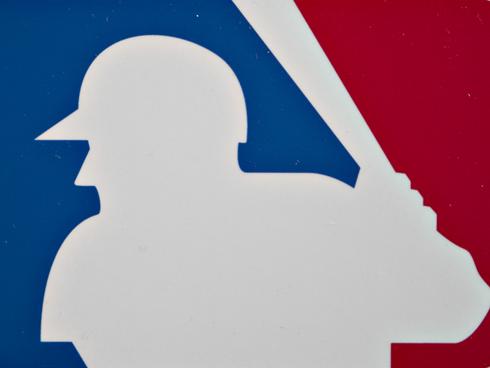At first, he was the knight in shining armor for the Giants. Hitting an impressive .343 prior to the All Star Game, Melky Cabrera was an MVP front runner and the MVP of the All Star Game. It seemed too good to be true.
And unfortunately, it was. On Aug. 15, Cabrera tested positive for testosterone abuse and was subsequently banned for 50 games. Within a week, on Aug. 22, the Oakland Athletics’ 39-year-old breakout pitcher, Bartolo Colon, was caught for testosterone abuse just a week after Cabrera was caught.
So how does the tarnishing of two professional athletes affect high school students? The answer is obvious. These role models are tainting professional sports, turning them into competitions of who can cheat without getting caught instead of who has the most skill. This kind of behavior trickles down from the professional level and becomes an influence in high school sports.
When athletes enter high school, they can feel the enormous pressure to excel. And when the competition gets tough, kids turn to to their role models. In past generations, young athletes admired stars like Michael Jordan and Cal Ripken. Now, younger generations look up to “Performance Enhancing Drug” (PED) abusers like Cabrera, Lance Armstrong and even Alex Rodriguez.
Such role models infuse children and young adults with the idea that drug use is a legitimate option. While drug abuse in professional sports presents a large obstacle, the bigger problem lies behind it: its influence on children. Children all over the world feel that it is acceptable to use these drugs if it helps them succeed. The point of drug testing at the professional and collegiate level is to prevent athletes from cheating, but often, cheaters go unnoticed.
The punishment for getting caught cheating should be much steeper than a mere suspension. Cabrera even tried to claim he got his PEDs from a site that was supposedly cleared by the MLB. These kinds of actions suggest that athletes do not feel remorseful for their illegal activities, only for getting caught.
This sends the message to young athletes that it is OK to cheat as long as they don’t get caught. In order for competition in sports to be seen as legitimate, professional leagues must toughen their penalties.
As role models, athletes must be given heavier consequences for their actions. The league is considering options such as allowing teams to void the contracts of players who test positive for drug abuse and lengthening the suspensions from 50 games to 100 or even 200 games. It is necessary for athletes to think twice before using PEDs because of the impact their decisions have on young athletes around the nation.
























